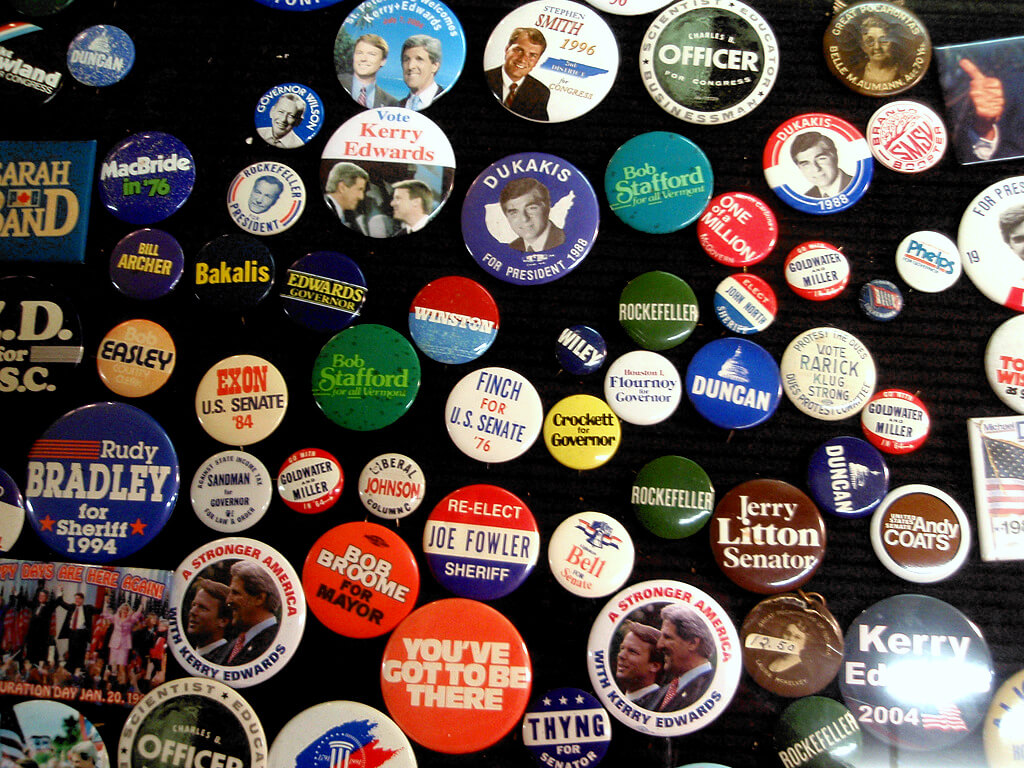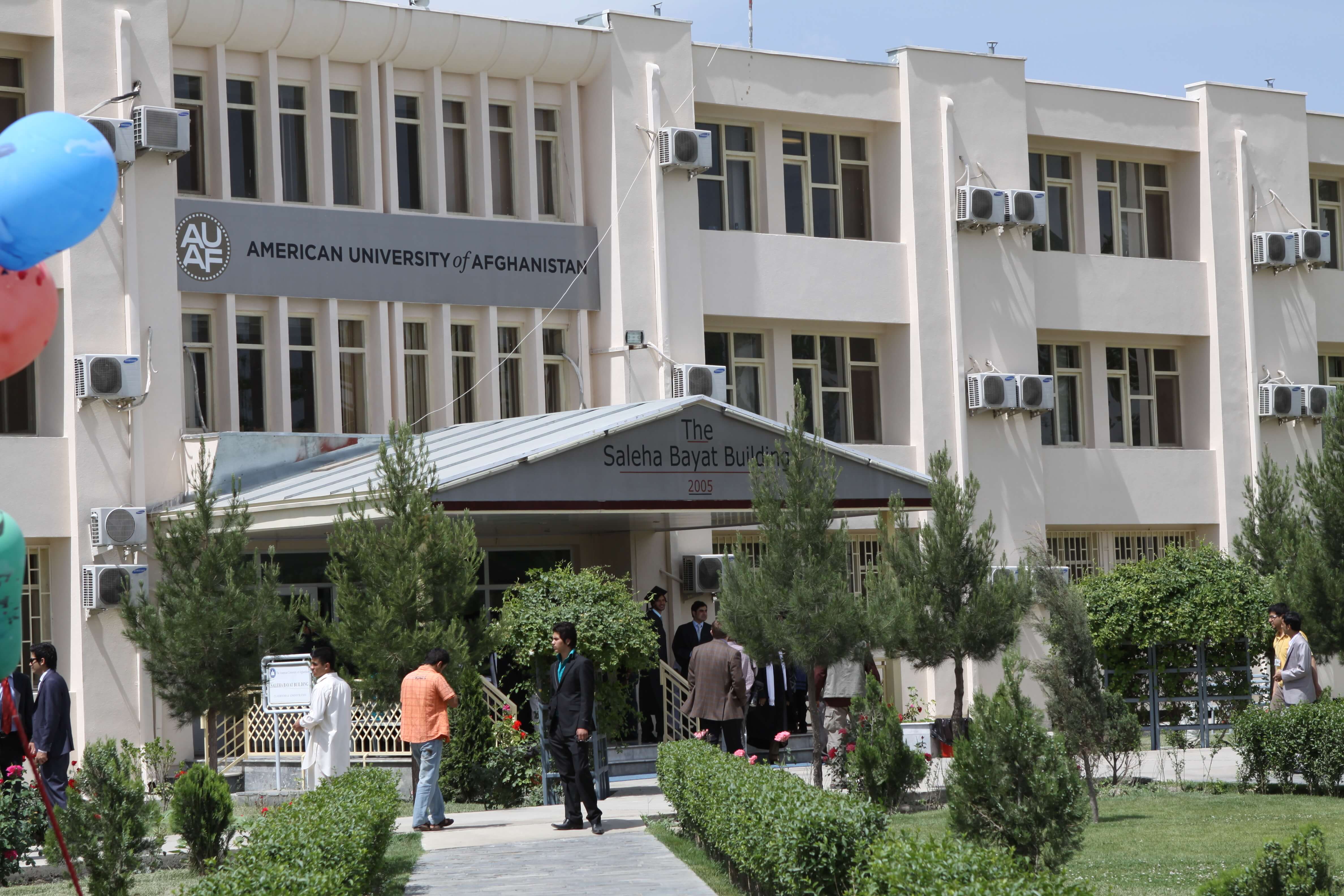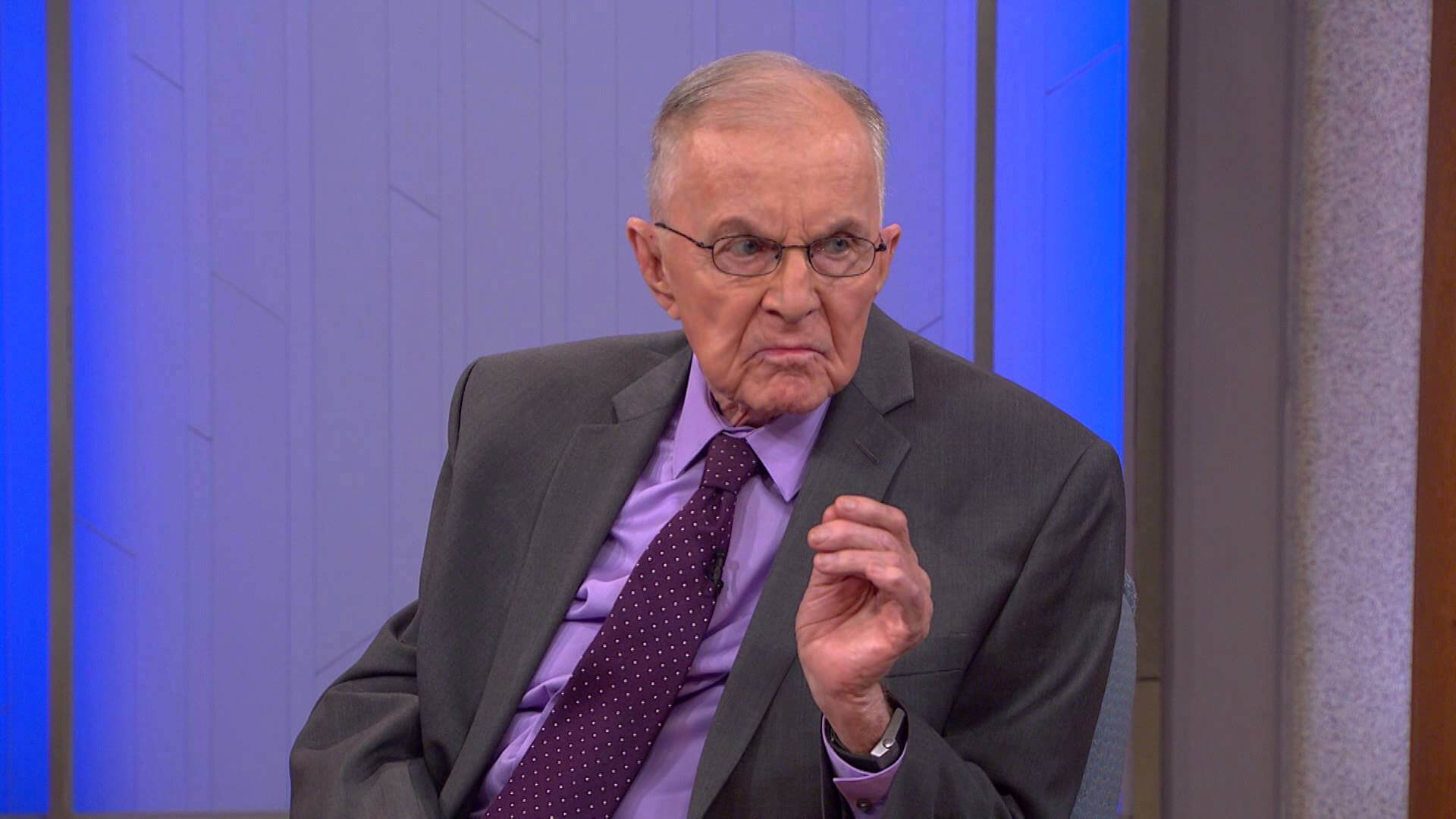So you want to run for office, shake up Washington and clean out the political stables? Then prepare to subject yourself and your family, possibly your old paramours, to the rigors of a very rough ride.
Little of what you will endure will have much, if anything, to do with your fitness to govern. Expect abuse, distortion, rejection and exhaustion.
Get ready to eat bad food, struggle to remember names, endure bores, suffer poorly prepared reporters and watch the money flow out. Steel yourself against crises you never dreamed of and betrayals you never thought possible. All this before a single vote is cast and the prize is won or lost.
If you are after national office, you will need professional campaign help. The first thing you will be asked is not what you believe, but how much money do you have? Second question: Do you know any wealthy people who might back you or have indicated they might be prepared to contribute to your campaign? If your answers are in the affirmative, you are on the way to becoming a candidate.
After the money issue is settled, then you can get into the details: your party affiliation and your relationship, if any, with the local party apparatus.
What the professionals will not tell you is just how awful running for office can be; being lied about, being besmirched, having your private life picked over, having your spouse examined as though he or she were the candidate. Any skeletons in the closet can be expected to come out, pointing bony fingers at you. Youthful indiscretions, boisterous behavior of yore, padded resumes, driving offenses, unpaid taxes, taxes not paid for domestics and your religion, or the lack of it, are all fair game to your opponents and the media.
You privacy will be violated in ghastly creative ways, like having your garbage sifted through, your telephone hacked and, God forbid, if you have said anything impolitic or off-color on Facebook: It will be front page tomorrow.
Think hard about the times when you advocated causes, like gun control, that are now too hot to handle. Everything you ever thought aloud can turn into a smoking gun. A paper trail can be incendiary. A 30-year-old photograph of you mooning the flag may be curtains for you. Selfies have lethal possibilities.
You will think the media is out to get you; those nice people at the newspaper may seem to grow horns and those unscripted TV interviews are journeys through the mine field.
If it is any comfort, the media is not out to get you, nor is it out to help you. It is out to get a story. Bad information may be fed to the media by your opponent’s campaign or dug up by reporters themselves.
You will be in The Overton Window, also known as The Window of Discourse. It is a concept developed by Joseph Overton, the late conservative political scientist, which identified political and social issues acceptable for discussion. Thirty years ago, for example, gay marriage was not in the window. In the time of Franklin Roosevelt, Americans with disabilities were not in the window. And in the time of John Kennedy, sexual peccadilloes were not in it.
Today the window is wide open: everything allowed.
However, this presidential election, where nothing has not been mentioned, may have reduced the shock value of how lives have been led. We may be at a watershed in private-life-as-political-fodder. Donald Trump has been married three times and has had some questionable business episodes, Hillary Clinton has had her time in government cruelly dissected, and it has been suggested that she was an enabler of her husband’s infidelities.
The window is wide open now, but it may be closing because of the excesses of this election.
So why would anyone run for office? Because it is the most exciting, adrenalin-fueled time that those who are prepared to pay the price will ever have. You will be on a steed galloping across the battlefield of ideas. If you win, you can affect things. If you lose, well, you will have enjoyed an exhilaration like none other.
Go for it — and implore your spouse’s forgiveness.
Photo: Joel Kramer, “political buttons”, 2008. Used under the Creative Commons Attribution License.











